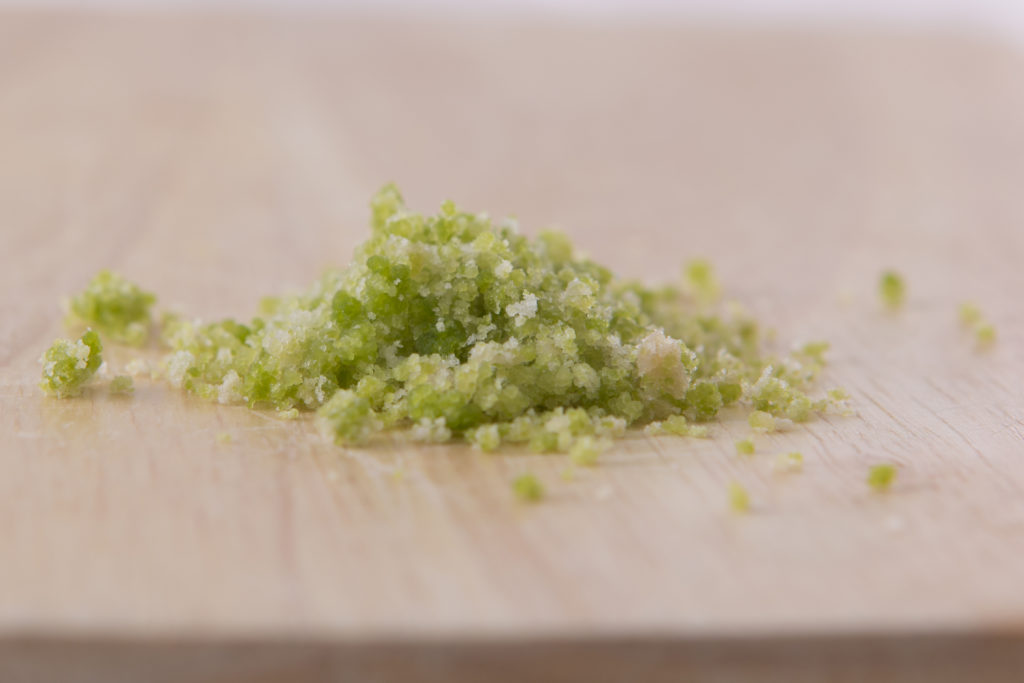Lab-grown food items are becoming a popular topic as food companies continue to look for ways to increase food production for the growing global population without exhausting natural resources and negatively impacting the environment. Although lab-grown meat is already a possibility for the future, researchers from the VTT Technical Research Centre of Finland believe that their new method for producing nutritionally dense plant-based foods through plant cell culture (PCC) technology may be an even more promising innovation for the food industry and “society as a whole.”
The VTT researchers developed their new PCC technology with the intention of reducing the need for field cultivation of fruits and vegetables in the food industry. According to the scientists, this new cell cultivation technology produces fresh tasting fruit and vegetable cells that are higher in nutritional value and are faster and cheaper to produce than traditional agricultural methods. The result is flavorful fresh or dried caviar-like fruit compotes that can be added to recipes, smoothies and CPG food formulations as ingredients.
“This is not only a completely new opportunity for the food industry but to society as a whole. There is not enough arable land to meet the growing global population’s food demands; new solutions are desperately needed. Cell cultures have serious potential for meeting this need,” says Emilia Nordlund, Leader of VTT’s Food Solutions Team.
So far, the VTT laboratory has successfully grown cloudberry, lingonberry and stone berry cells with their PCC technology. After sampling the lab-grown fruit cells in their fresh and dried forms, the researchers found their flavor profiles to be identical to their corresponding fruits. However, the berry-like flavor profile was much more significant in the dried cell cultures, even though both dried and fresh samples resembled the same color as their counterparts. More importantly, these cell samples were higher in nutritional value than their berry counterparts; they were found to have a high protein content of 14-19 percent, higher amino acid content than soy, 21-37 percent dietary fibre and they were high in unsaturated fatty acids.
These new cultured fruit cell compotes offer a variety of applications for the food industry. With their reduced cost, easy production and nutritionally dense properties, these fruit cell compotes can be incorporated in a variety of recipes. As more food companies invest in healthy food products for their portfolio, lab grown plant cells allow them to incorporate “natural” and healthy fruit and vegetable compotes to their formulations as a form of superfood.
“Biomass produced with plant cell culture technology should be considered as completely new food material, which is why their characteristics should not necessarily be compared with corresponding fresh fruits. Their excellent nutritional properties are a sign of great future potential of plant cell cultures in creating new types of superfoods. The variations produced by using different plants offer limitless possibilities,” says Heiko Rischer, Leader of VTT’s Plant Biotechnology Research Team.
In 2015, the US accounted for 30 percent of food and drink launches that claimed to incorporate superfoods as ingredients, which was the most superfood product launches made by a country that year. In fact, the Global New Products Database reveals that there was a 202 percent increase in new product launches that used terms such as “superfood”, “superfruit” or “supergrain”. This trend is primarily because of the dominating millennial consumer market that focuses on nutritionally dense food products.
As the demand for nutritious and ethically sourced food items grows, food companies now have the opportunity to source “superfood” ingredients through science.
“There is no shortage of interesting species to work with,” added Rischer.
VTT’s researchers are currently working on a “Food My Way” project that focuses on developing customizable food vending machines that enable consumers to buy health food items that are tailored to their preferences. This machine can also potentially be used in a café or restaurant to add fresh cell compotes to a food product to increase its nutritional value.
The VTT Technical Research center can further their research with cell lines and food design after their PCC technology receives regulatory approval as a novel food production method. Researchers are currently inviting industry professionals to collaborate in developing new plant-based items, production processes and equipment.











Join or login to leave a comment
JOIN LOGIN